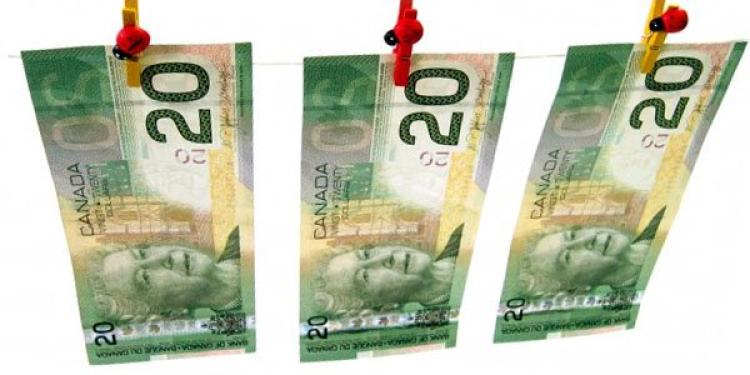Potential Money Laundering Scheme at B.C. Casinos Still in Question
Posted: April 18, 2014
Updated: October 4, 2017

The number of cases of money laundering issues related to BCLC reported t by provincial regulators raised more than twice between 2011 and 2013.
The money laundering schemes through BCLC were strictly addressed by the Canadian gambling laws two years ago. However, despite the strengthened regulations, the problem seems be even deeper nowadays.
Mike de Jong, the Finance Minister, recently confirmed that doubtful transactions’ reports at BCLC more than doubled for the last 2 years.
Starting in 2011, BCLC and the province’s gaming regulator agreed on more strict rules when it comes to large transactions. The suspicious cases that year were 459 and they were reported to the police for investigation.
However, the number of such cases reached 1,013 in 2013, which shows that the problem is not only far from resolving, but it’s deepening instead.
Minister’s position
The Minister commented that both the enforcement branch and casino staff, are discouraged by the continuous bad perception of B.C. casinos related to financial schemes.
De Jong said: “What I am detecting is a degree of frustration on the part of some officials who collect that information, forward it on and lose track of what becomes with it.”
Money laundering schemes are investigated at BCLC in Canada
• The number of problem cases has raised twice between 2011 and 2013
• The rules were strengthened back in 2011
• New measure expected in the near future
Additionally: “There is training for staff and there are initiatives designed to move folks who gamble and participate in gaming away from a cash-based system to electronic transfers, which is by far and away the easier way and better way for this to happen.”
Moreover: “But we’re clearly not there yet and there are still these examples that raise eyebrows, and you can understand why they raise eyebrows.”
The law in Canada obliges casino employees to reports huge transactions of $10,000 or more. Naturally, big casino players use even larger amounts of money to play, but this is also a very good way, which criminals use to launder money.
They just put large sums in exchange for chips, then play with a significantly smaller amount and finally cash out requiring checks.
Various doubtful cases
Last week it was reported for the gambling news that not a single of the 1,013 suspicious cases from 2013 resulted in any charges.
Some of the confidential cases, which were revealed, include really disturbing facts. For example there were multiple cases of different people who came into the Canadian Gaming’s River Rock Casino in Richmond with hundreds of thousands of dollars in cash.
In another case from 2012, after the regulations were already stricter, a player called “Mr. F” brought $200,000 in $20 bills into the VIP room of the casino. Moreover, it was reported that another time he brought in $1.6 million for one month, which make the number of his suspicious transactions huge.
The reported accounts from last year were similar to the ones in 2011, when the investigation found out flaws in the BCLC’s structure for reporting suspicious transactions.
The review showed that the casino company didn’t consider any of the gamblers’ losses as a sign of money laundering. This was opposite to the opinion of the police professionals who were convinced that criminals were willing to experience small losses, so that they could perform their illegal activities untroubled.
BCLC improvements and current situation
In 2012, BCLC announced that after its close work with the police experts it has changed its preventive money laundering practices.
Some of the new methods included, allowing clients to link bank accounts to their casino accounts, as well as buying chips through debit cards, so that the amounts of cash brought to the casino would be reduced; marking checks with “Return of Funds – Not Gaming Winnings” when returning unspent balances to players, as well as improving the training of its staff to be able to recognize suspicious transactions.
The cabinet of Minister De Jong commented that he is considering banning completely cash transactions of $100,000 or above at casinos, because there are much more secure methods of deposit nowadays.
The current problem with BCLC is that it hadn’t reported suspicious large sums properly, especially the multiple transactions made by the same person within one day. Back in 2011 the company was fined with almost $700,000 for various reports’ errors and the financial minister confirmed that the case is still in the court.












